The Feel of Jason Anspach's and Nick Cole's Galaxy's Edge
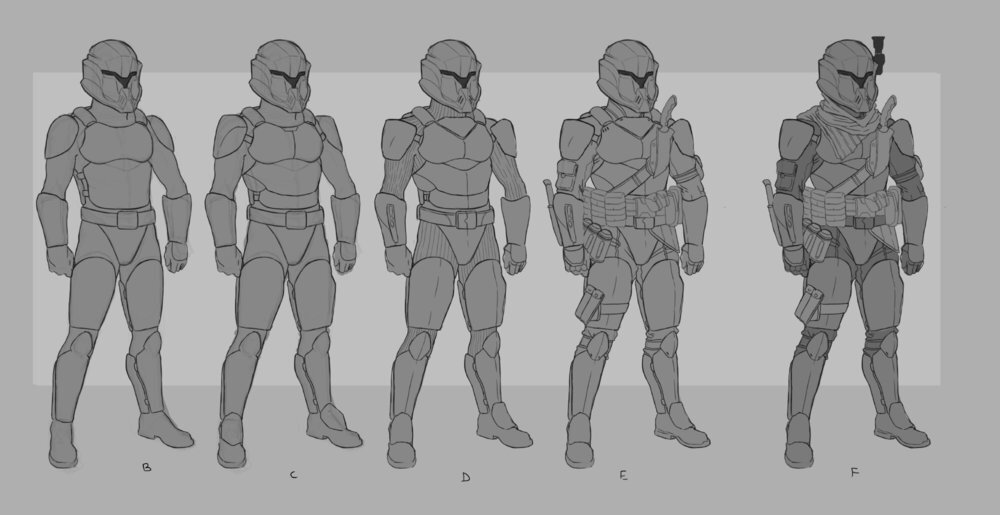
I had been thinking of writing up a summary post on how Jason Anspach and Nick Cole have managed to write a surprising variety of stories in their Galaxy’s Edge series. This idea is sprinkled throughout my reviews of the series, but I have been spurred into action by a post in the Galaxy’s Edge Facebook group.
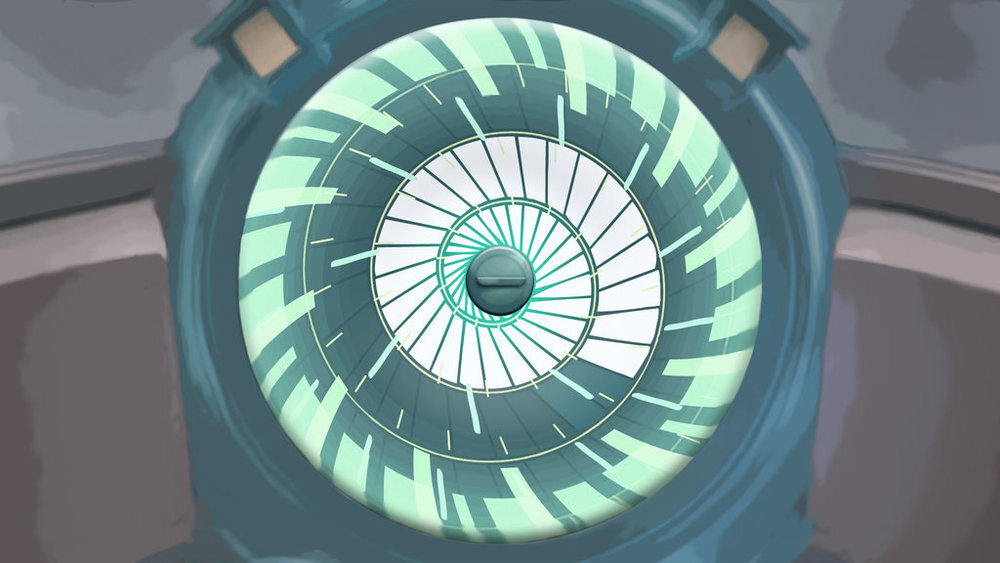
I’ve used the analogy of a spiral, inspired by GAINAX’s Gurren Lagann. Everything in Gurren Lagann is similar to what went before, but it expands in scope. Galaxy’s Edge is the same way. You gradually see a bigger and bigger universe as the books go on, but it is also implicit in what you have already seen.
I have absolutely no compunction about spoilers here. You have been warned.
Season One
Legionnaire: Galaxy's Edge #1

The grunt’s eye view of war. Military sci-fi written by veterans. Very much the Afghanistan experience, if you also imagined it was from the point of view of Imperial Stormtroopers who were as badass as Obi-Wan Kenobi described them in A New Hope.
Galactic Outlaws: Galaxy's Edge #2
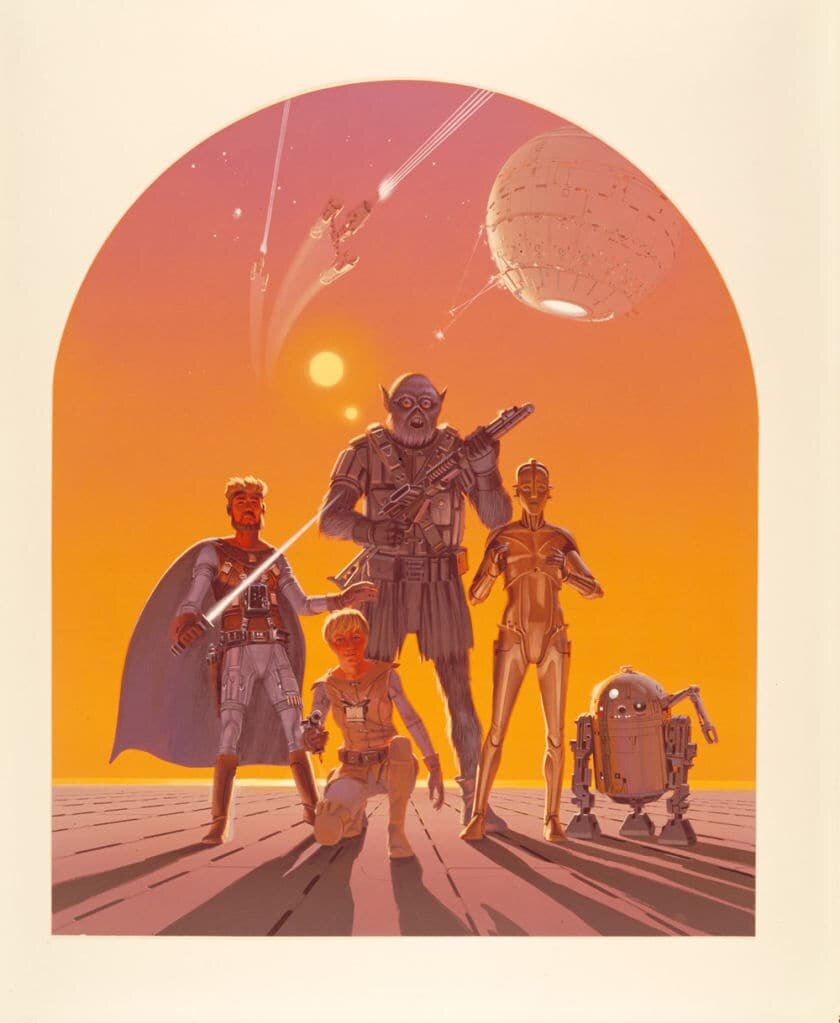
Ralph McQuarrie’s original concept art for Star Wars
An abrupt turn into space opera, and effectively the second first book. Notorious for being confusing, it is easier to understand as a parallel volume 1 of another storyline that merges into that of Legionnaire in due time. Introduces the arguably most popular character into the universe, Tyrus Rechs. This volume also introduces my favorite character, Goth Sullus. The cast of characters approximates Ralph McQuarrie’s original concept art for Star Wars. Galactic Outlaws very much confirmed my impression of Galaxy’s Edge as #StarWarsNotStarWars, an attempt to re-imagine the iconic space opera of my generation in a fresh way.
Kill Team: Galaxy's Edge #3

A direct sequel to Legionnaire, and a shift from where galactic politics is a thing that happens to you, usually in a bad way, to where you are the pointy end of the spear, implementing galactic politics at the point of a blaster. Kill Team has a very Tom Clancy feel, especially in how it handles the murky morality of covert actions. Our first glimpse that not everything is as it first appears in Galaxy’s Edge. Wraps up much of the frustration of Galactic Outlaws by merging the two introductory volumes.
Attack of Shadows: Galaxy's Edge #4 Book Review
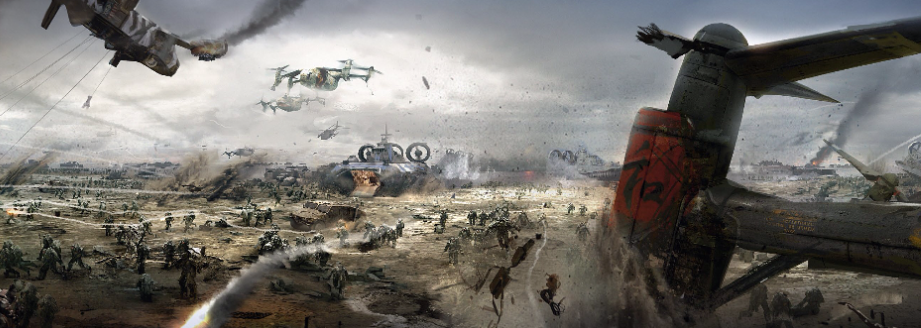
A World War II movie epic with an ensemble cast. Told as a minute-by-minute recollection of a frenetic and desperate battle. This book starts to get into to essential corruption of the Galactic Republic, and exactly why someone might choose to throw in with an enigmatic revolutionary like Goth Sullus. Introduces a millennarian aspect to the story, with an especially disturbing cult of personality around Sullus. Much like a war documentary, if you added in some really creepy cult stuff.
Sword of the Legion: Galaxy's Edge #5 Book Review

Sword of the Legion is where I originally made the spiral metaphor. The galaxy-spanning intrigue of Galactic Outlaws meets up with the covert operations of Kill Team and the war epic of Attack of Shadows. Then you add in the weirdness of Sullus, and this book goes places most mil sci-fi can’t touch. And then a bit further yet, into almost Lovecraftian horror. Plus you get poetry-quoting missiles. I really haven’t read anything else like this.
Tin Man: Galaxy's Edge Book Review
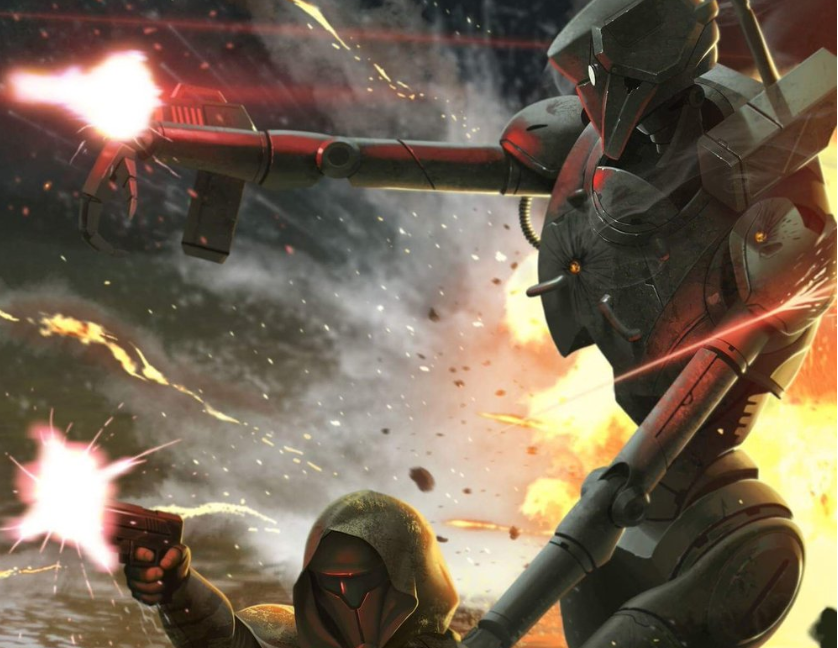
The experience of what is now called Season One was leavened by books outside of the main storyline that added depth and richness to the universe of Galaxy’s Edge. Tin Man was the first of these, a short story set in Psydon, Space Vietnam, tells the surprisingly emotional story of a warbot assigned to a firebase about to be overrun in an unwinnable war [cf. Order of the Centurion]. Still makes me cry.
Prisoners of Darkness: Galaxy's Edge #6 Book Review
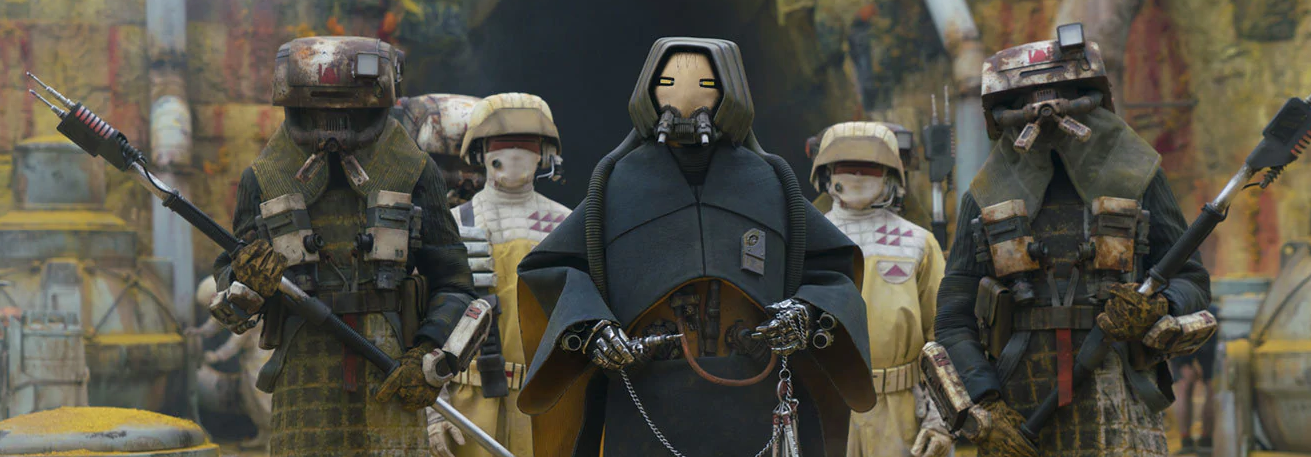
Prisoners of Darkness is a nod to the spice mines of Kessel. It is also about the friendship of two very driven and capable men who find themselves drifting apart because of the roles they have chosen to play in the unfolding disaster that is Goth Sullus’ challenge to the Galactic Republic. Keel and Chhun are former comrades who love each other as brothers, but also make each other extremely uncomfortable. One has trod the straight and narrow path, serving as the Legion commands. The other has gone under deep cover, cover so deep that he has to keep to track of how many of his brother Legionnaires he has killed in order to further his mission. Both have a necessary role to play.
Imperator: Galaxy's Edge Book Review

What makes a good man turn to evil?
My all-time favorite book in the series, narrowly edging out Tin Man. Imperator is the story of what leads a good man into temptation. And make no mistake, Casper Sullivan is a good man. In many ways, he starts out as a better man than his friend Tyrus Rechs, which makes his eventual fall all the more harrowing. Imperator adds in a huge amount of backstory to Galaxy’s Edge, even considering that you probably can’t trust Casper’s memories. Sets up Tyrus, the Legion, the Republic, and the Savage Wars.
Casper is Tyrus’ more loquacious counterpart, and their fate is tied together. In my opinion, the lynch pin of Season One.
Turning Point: Galaxy's Edge #7 Book Review
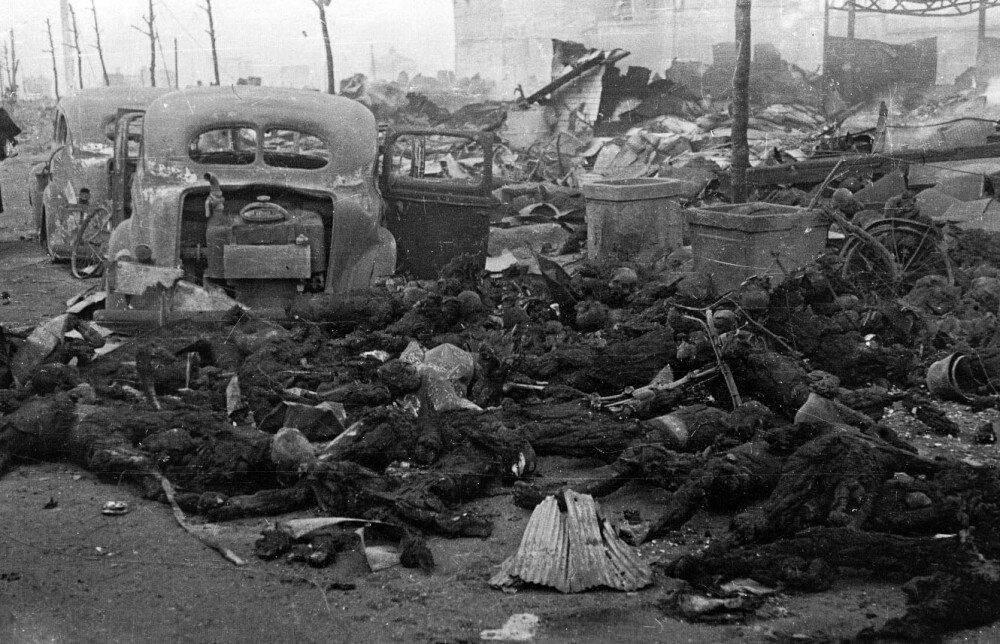
Tokyo, after a firebombing
Turning Point is about the fundamental ugliness of war. Especially the kind of existential war that the Savage Wars represented. States that share a fundamental worldview can wage limited war over nothing more than borders or resources. States that represent wholly contradictory views of what is good cannot, and must wage war to utter defeat or destruction, for there is no negotiation possible.
On a deeper level, Turning Point is also about the fundamental relation of military power to the control of the state. Sufficient military power can determine who can rule, but it is rarely competent to select the best ruler. Loyalty, and to whom you should be loyal, is the proper frame.
Message for the Dead: Galaxy's Edge #8 Book Review

Message for the Dead is the penultimate chapter of Season One. As such, it feels like the end, even though it isn’t quite the end. It is an introductory apocalypse, the pregnant pause when the wicked system of the world is swept away, but we don’t yet see what will take its place.
Ramps up the horror/otherworldly menace of the Cybar, and brings the failure of Goth Sullus to the front. When he was finally put to the test, he failed, but his failure was foretold. This is the essence of tragedy, as the Greeks meant it.
Retribution: Galaxy’s Edge #9 Book Review
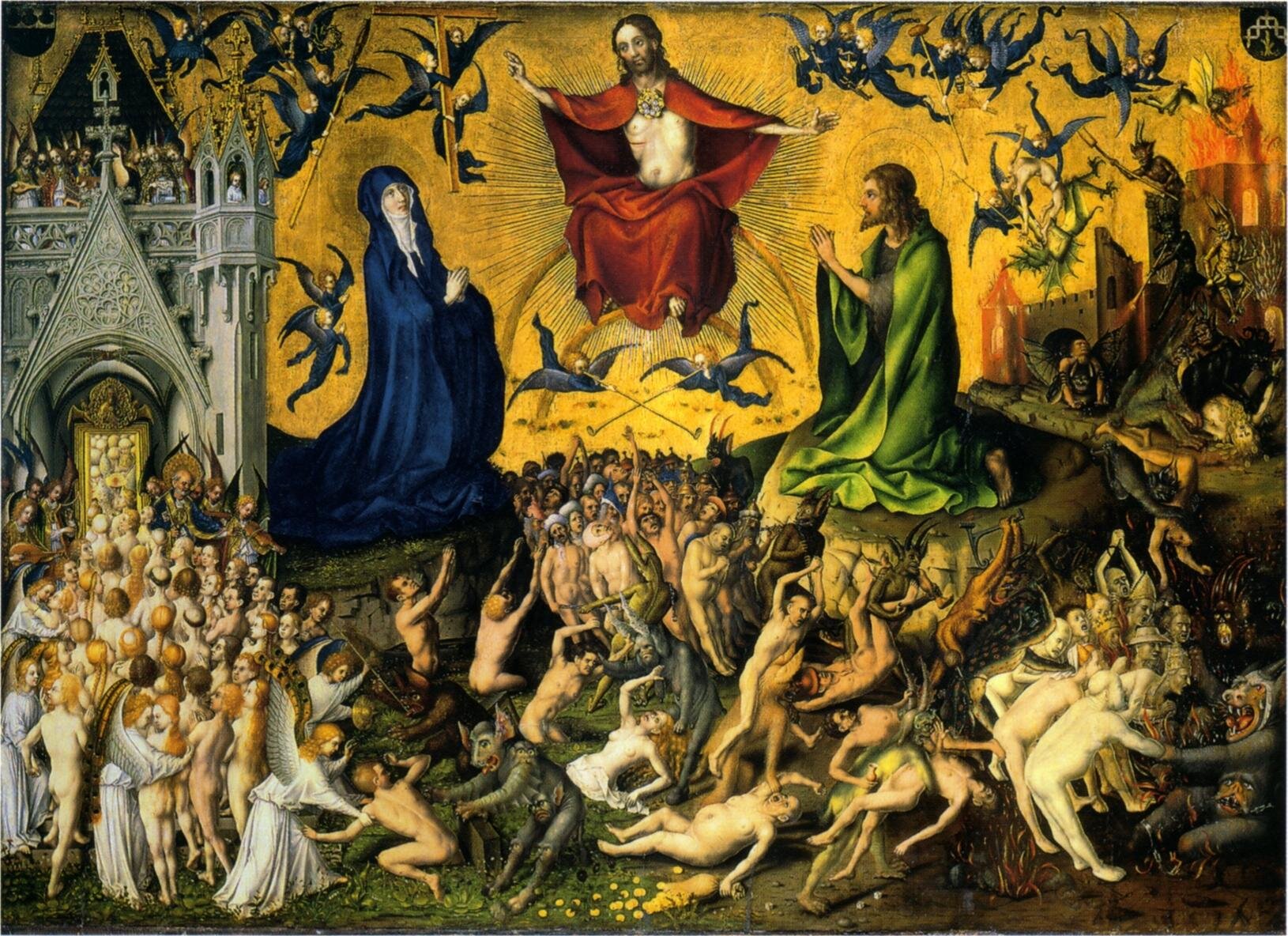
The end. Wraps up all of the major storylines of Season One. Pretty much everyone who deserves a bullet to the head gets one. Another way of putting it would be that nemesis follows hubris. Season One is the story of Goth Sullus, and by the time you get here you see why.
Season Two
Takeover
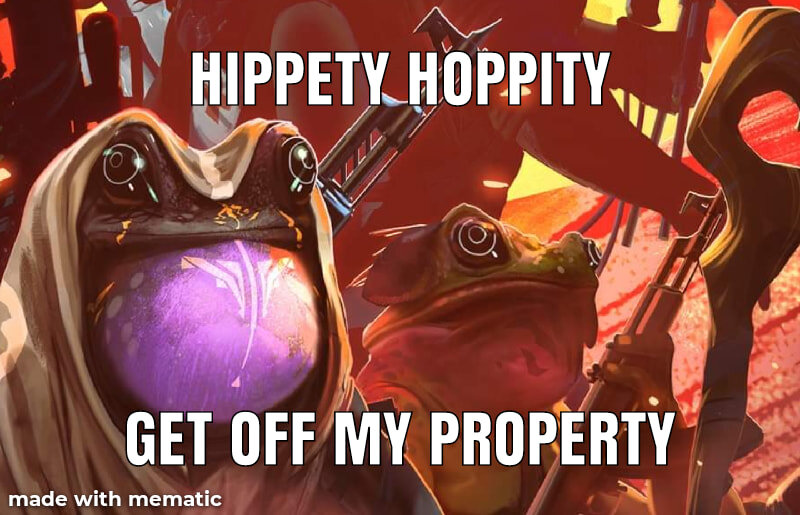
Everything that was awesome about Season One is concentrated into this serialized book originally released digitally on the Galaxy’s Edge website. The more things change, the more they stay the same. The Galactic Republic may be gone, but greed and ambition are still a part of life. Flips the feel of Legionnaire on its head, as you get to see things from the Koobs’ point of view.
Savage Wars
Savage Wars
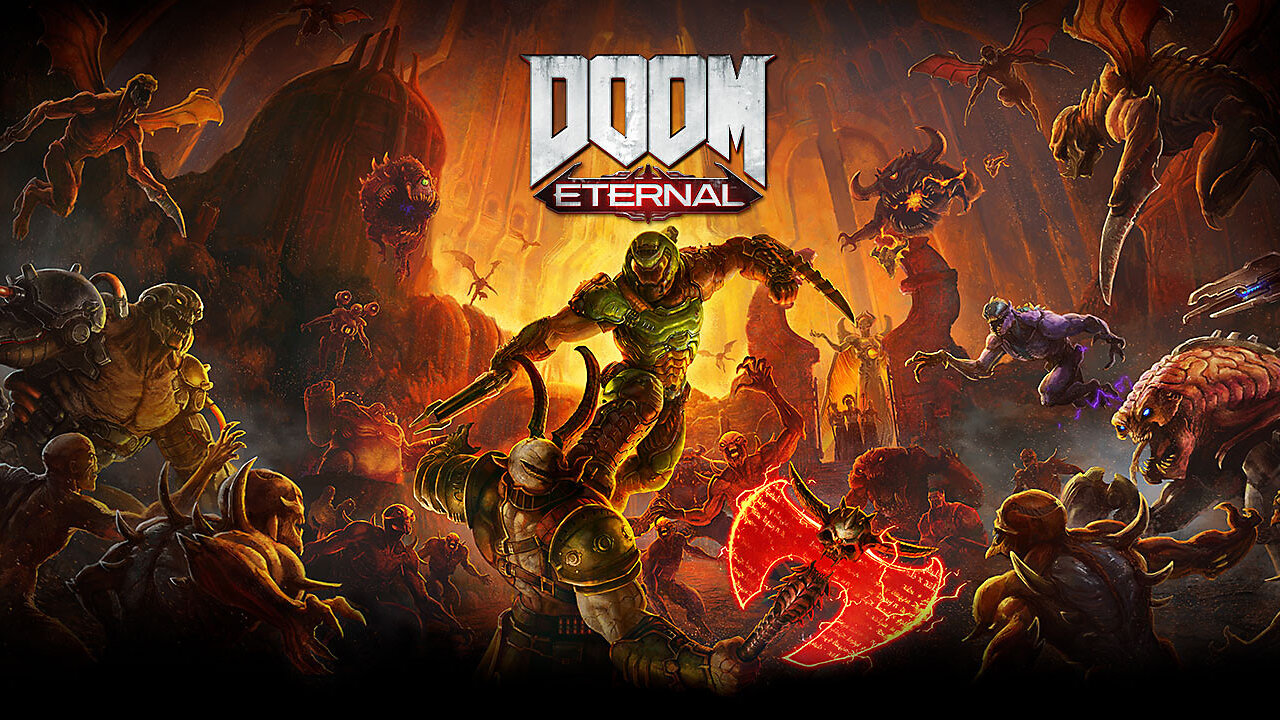
One of the most enigmatic parts of Imperator was the references to the lighthuggers, giant colony ships that left Earth before faster-than-light travel had been invented. Crawling slowly through the voids between stars, the denizens of the lighthuggers descended in madness, and worse things. I thought Turning Point was about existential war until I read this.
On the surface, this book is about something like Doom, a lone warrior out to avenge the fallen. What this book is really about is how do you fight the monsters without turning into one, while also giving us a glimpse into the relationship of Tyrus and Casper before the two of them became completely lost in their own minds. Neither man would have won the Savage Wars alone, at least not without a terrible cost. Together, they can achieve something extraordinary.
Order of the Centurion
Order of the Centurion
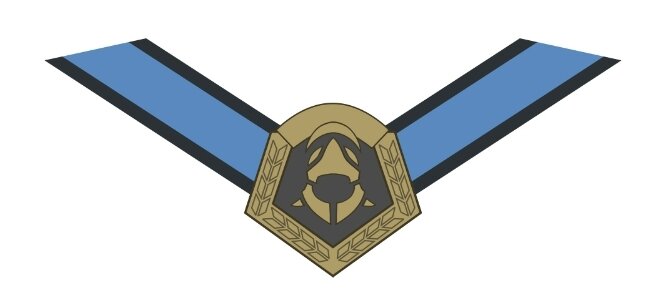
A return to Space Vietnam, and an inversion of the most hated characters of Season One, the points, appointed officers who owe their loyalty to the House of Reason rather than the Legion. The unwinnable war on Psydon is won by a point, or at least the sequence of events that ends it is put in motion by one.
Also looks at survivor’s guilt, since not every hero dies a glorious death. Sometimes, they just toil away in obscurity, wondering why they are the ones who lived.
Iron Wolves
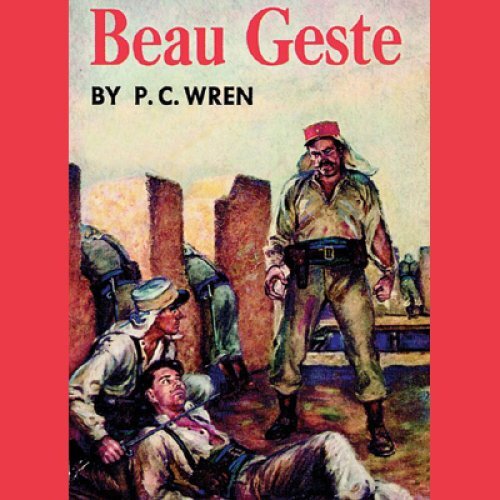
Iron Wolves is about the less legendary, and more typical men who comprise the Legion. Much like the Légion étrangère, the Legion can be willing to tolerate a lot if can be pointed at the enemy and let loose. Reminds me of Beau Geste or Jerry Pournelle’s Falkenberg series, books dedicated to the men who love the military life, but don’t fit in so well anywhere else.
Stryker’s War
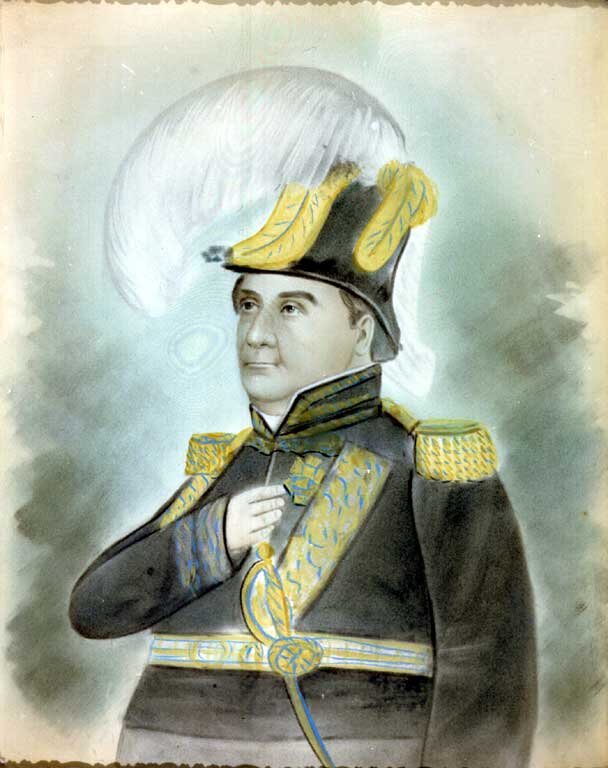
The ugly reality of military life is you have to take orders from people you really don’t like. Stryker’s War looks at what happens when officers are not just incompetent, but corrupt and venial. There are plenty of men just like this throughout history, but since I recently read Blood and Thunder, I will single out Manuel Armijo, who abandoned Santa Fe when his troops had an excellent defensive position set up in the pass leading to the city during the New Mexico campaign of the Mexican American War.
Stryker’s War is much like what would have happened if Armijo hadn’t pulled his troops out of Apache Canyon before the Americans came, but still ran off with the loot.
Through the Nether

Lubyanka in 2010
By A.Savin (Wikimedia Commons · WikiPhotoSpace) - Own work, CC BY-SA 3.0, https://commons.wikimedia.org/w/index.php?curid=35734892
Through the Nether is one of the few books in the Order of the Centurion series that connects directly to Season One. Through the Nether functions as a kind of sequel of Kill Team, but it looks at the downstream consequences of those events through the eyes of less exalted people.
A major theme of Season One is how crazy and unhinged intelligence agencies can get. Attempts to practice operational security can also unmoor you from reality. Intelligence agencies have done things that an author would hesitate at describing in writing as “too unbelievable”. Well, other than Tim Powers, he just went there. More than once. Clancy never talked about the whacko stuff that goes on all the time.
Through the Nether deserves special mention as the least military-themed book of all of Galaxy’s Edge.
The Reservist

If Legionnaire was the Afghanistan experience, The Reservist is the Afghanistan experience of the weekend warriors. Men who signed up for free education and health benefits who ended up paying everything up to and including the ultimate price. Men who you probably wouldn’t stop to look at in the supermarket and think, whoa, that guy stacked some bodies.
Which is probably OK with him, because he isn’t really comfortable talking about it.
Tyrus Rechs
Requiem for Medusa
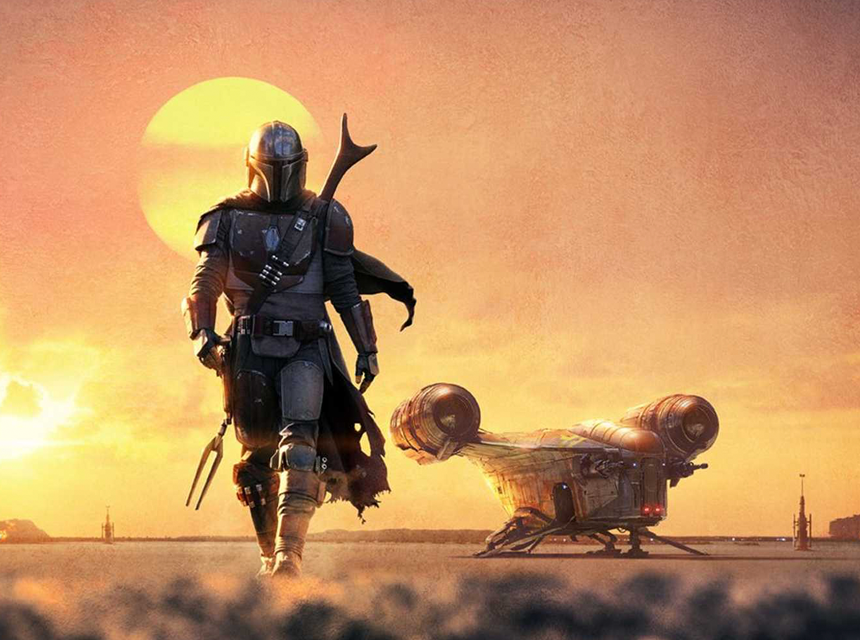
The Tyrus Rechs Contracts and Terminations series is a re-imagining of Boba Fett, as he seemed at the end of The Empire Strikes Back. The enigmatic bounty hunter, encased in armor, who captured the luckiest and most crafty smuggler in the galaxy. But not the one who was unceremoniously dumped in the Sarlacc Pit.
Also notable for expanding on Tyrus’ activities immediately before Galactic Outlaws. I like the take on Tyrus, who is fundamentally very simple. He never changes. He is constitutionally incapable of either dishonesty or subtlety [that is Casper’s job]. He is the personification of justice.
The most cinematic of the books, in my mind. I could see the action taking place. You’d need a decent CGI budget, but this one would be epic.
Galaxy’s Edge season 1:
Legionnaire: Galaxy's Edge #1 Book Review
Galactic Outlaws: Galaxy's Edge #2 Book Review
Kill Team: Galaxy's Edge #3 Book Review
Attack of Shadows: Galaxy's Edge #4 Book Review
Sword of the Legion: Galaxy's Edge #5 Book Review
Tin Man: Galaxy's Edge Book Review
Prisoners of Darkness: Galaxy's Edge #6 Book Review
Imperator: Galaxy's Edge Book Review
Turning Point: Galaxy's Edge #7 Book Review
Message for the Dead: Galaxy's Edge #8 Book Review
Retribution: Galaxy’s Edge #9 Book Review
Tyrus Rechs: Contracts & Terminations:
Requiem for Medusa: Tyrus Rechs: Contracts & Terminations Book 1 Review
Takeover
Takeover: Part 1 Book Review
Takeover: Part 2 Book Review
Takeover: Part 3 Book Review
Takeover: Part 4 Book Review
Order of the Centurion
Order of the Centurion #1 Book Review
Iron Wolves: Order of the Centurion #2 Book Review
Stryker’s War: Order of the Centurion #3 Book Review
Through the Nether: Order of the Centurion #4 Book Review
The Reservist: Order of the Centurion #5 Book Review
Savage Wars
Savage Wars Book #1 Book Review
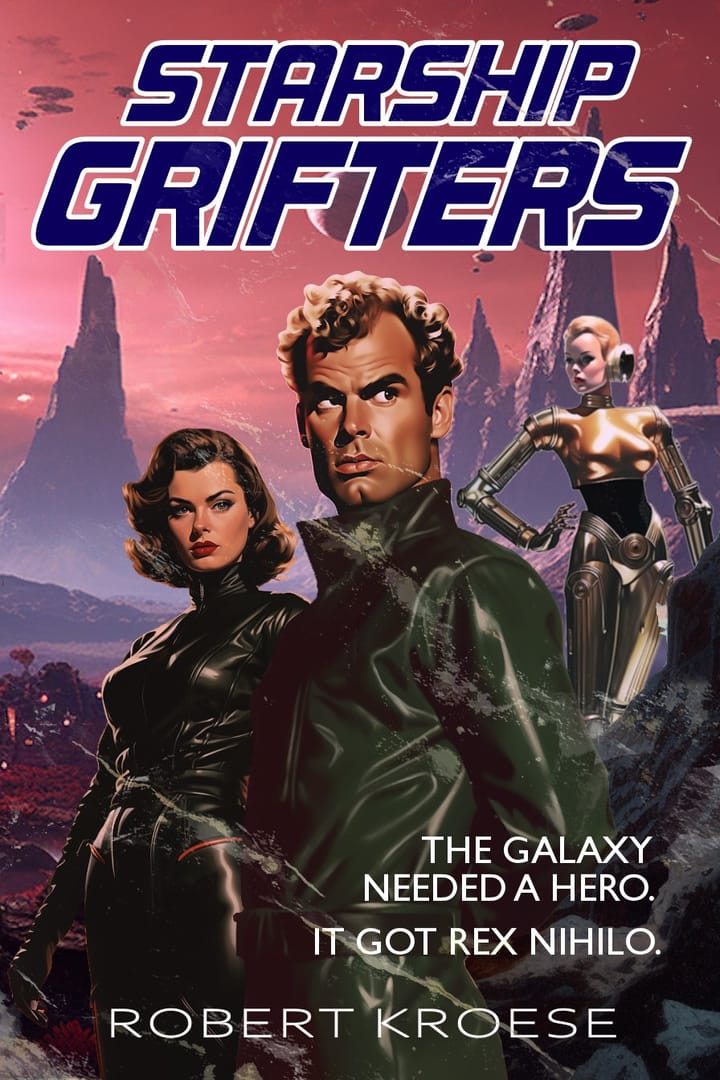
Comments ()